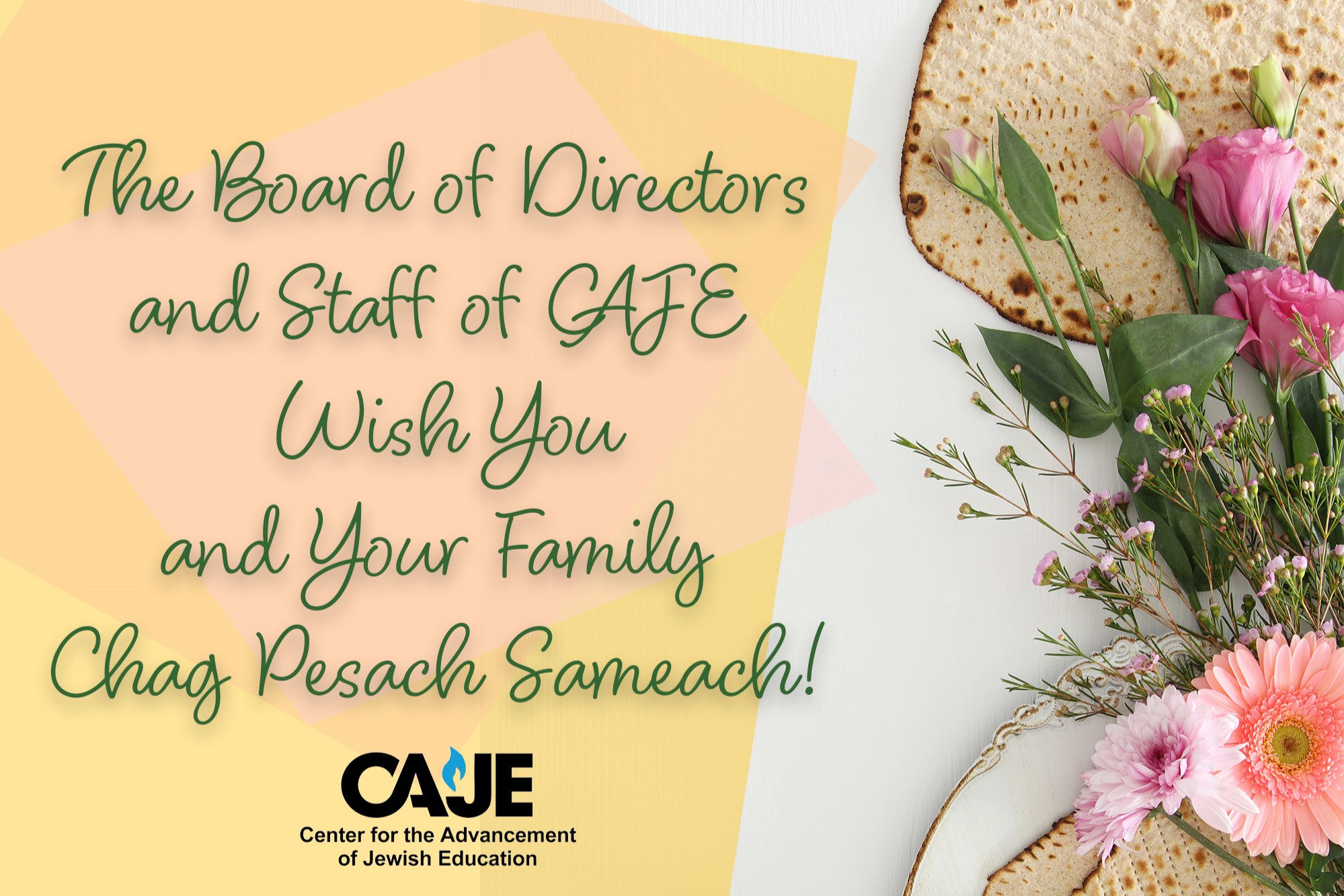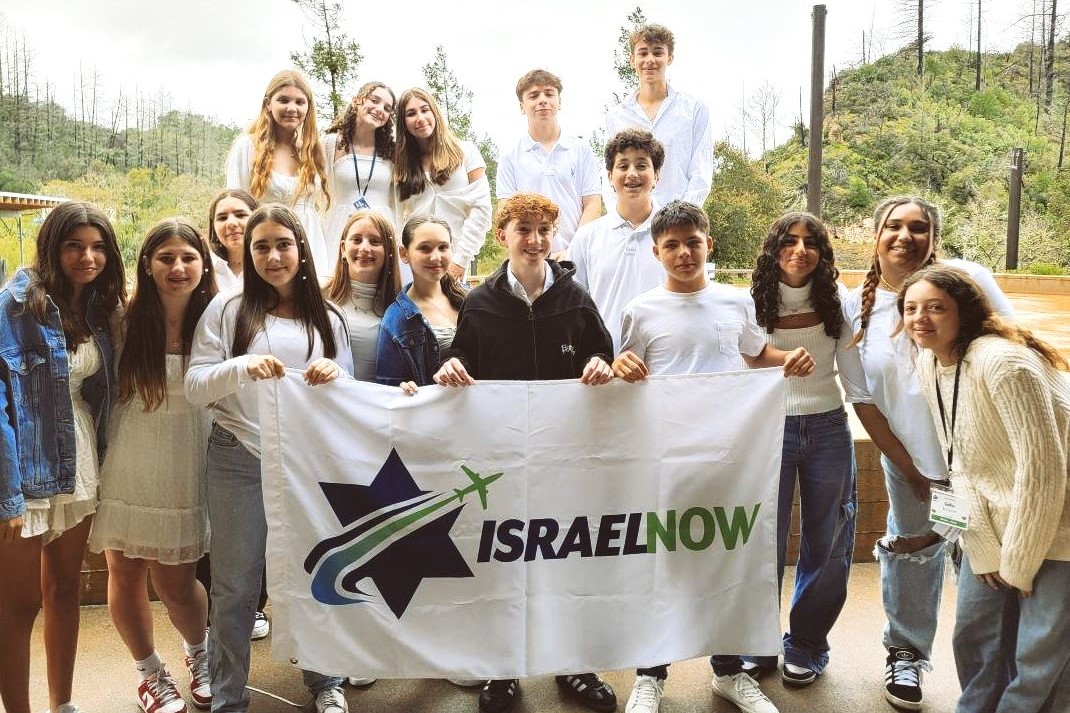The Hallmark of a Just and Righteous Society

This week’s Dvar Torah on Parashat Pinchas is written by Rabbi Dr. Leon Weissberg, one of our talented Adult Learning & Growth faculty members. Visit cajeadultlearning.org to see our Summer courses.

Photo by 卡晨 on Unsplash
This week we study the portion known as Pinchas. In this portion we read a wonderful account of the five daughters of Tzelofhad.
This account is important as Judaism once again shifted the world’s paradigm on how to treat people, especially women.
Apparently Tzelofhad dies without any sons or male heirs. After much perseverance the five daughters are granted an audience with Moses to address a critical question. What to do with Tzelofhad’s estate and with his potential inheritance in the land to which they are going to live?
The rule of law at that time was that the women would not get the inheritance and everything would be divided among the people if there were no heir.
According to our Torah, Moses asks God for guidance. Moses understands God to reveal to him that the daughters are correct They should get the inheritance of their father in the Promised Land.
Further, Moses instructs the people that if a man doesn’t have a son, then his daughter receives his inheritance. What a societal revelation!
This piece of Torah speaks of the role that women could play in fixing the world. It must have taken a great deal of strength and conviction for the daughters to come before Moses and ask him to change the existing laws. It was not just for men to ask legal questions.
Judaism has always offered the opportunity for individuals to raise the tough questions. Questioning is the hallmark of a just and righteous society. The culture grew under the idea of scholars and sages questioning Torah text and questioning historical imperatives.
Our history is joined in the quest for goodness. That quest can only be understood through constant self-introspection and through questioning.
Questioning is the basic essential element of Judaism. Mainstream Judaism has never accepted the “pshat” (literal text) of the Torah by itself. In order to understand the text fully, we must add three other elements to each verse of the Torah: remoz (allegory), drash (lesson), and sod (secrets).
By analyzing all four components (the acronym in Hebrew being “PARDES” or Orchard, we can begin to extrapolate the essence of the verses of Torah. It is always discussed with a questioning eye.
The daughters of Tzelofad had the moral conviction to raise an essential question which subsequently modified the way women would be treated when it came to inheritance. That is the marvel of our Torah text.
May our quest for continued learning lead us to ask questions to help us more fully understand that which is Judaism, and ultimately, lead us to discover the answers to repair the world and to bring peace into this conflicted world.
Shabbat Shalom!




